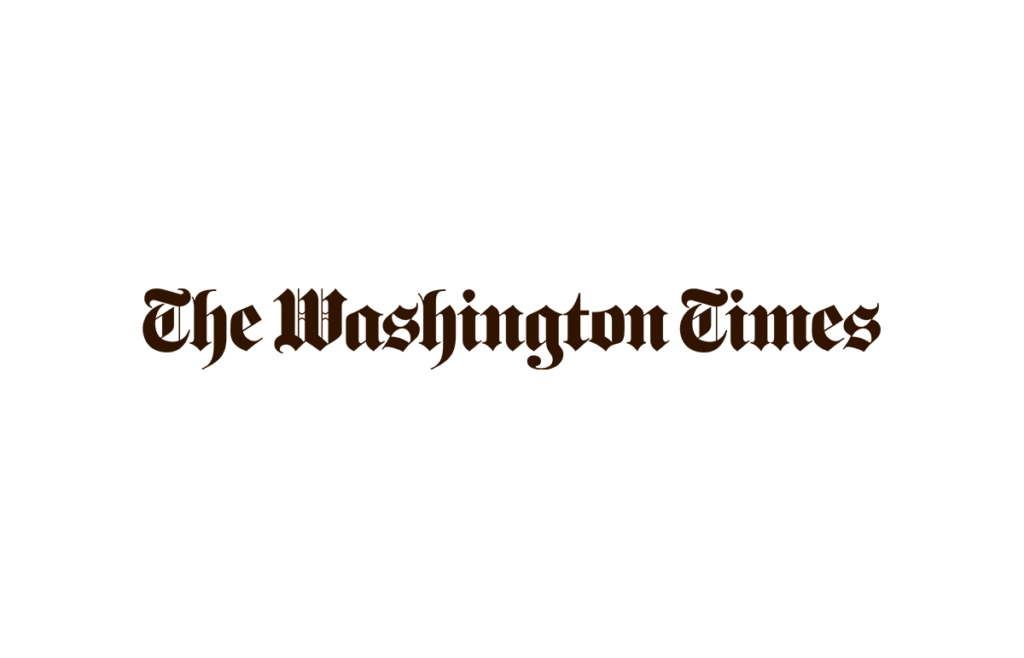BY SENATOR BLANCHE LINCOLN
This column first appeared in The Washington Times:
The wrong approach at the worst possible time
An insightful new Joint Economic Committee report spotlights the outsized impact of inflation on low-income Americans. It also serves as a warning signal for lawmakers as the Build Back Better framework heads into the home stretch.
An insightful new Joint Economic Committee report spotlights the outsized impact of inflation on low-income Americans. It also serves as a warning signal for lawmakers as the Build Back Better framework heads into the home stretch.
More specifically, the JEC study points out that two key economic indicators — the Core Consumer Price Index and the Core Personal Consumption Expenditures Price Index — are increasing “faster than they have in 30 years.” Furthermore, “inflation reduces poor Americans’ quality of life and rising gas prices … increase the cost of living for poor Americans living in rural areas much more than for richer Americans.” In addition to transportation costs, lower-income households also spend proportionally more on other top drivers of inflation, such as housing and food.
These findings add critical new context for lawmakers to consider when determining how to best pay for the Build Back Better plan. As my former colleagues weigh funding mechanisms for the important priorities included in the investment package, I hope they will consider the impacts of inflation on American workers and families. The prospect of increasing America’s corporate income tax rate threatens to yield “massive job loss,” lower wages, higher retail prices, negative effects on U.S. business investments and the return of inversions. Even a small corporate rate hike is one funding proposal that I would encourage policymakers to avoid at this critical time for our economy.
The dynamics of the corporate tax system are such that even a 1% increase would position our country even further behind global competitors like China, whose rate undercuts our combined one, which includes federal, state and local taxes. It would impose steep consequences on American workers, who bear as much as 70 to 85% of the corporate rate’s burden.
The current 21% rate at the federal level is only the floor for job-creating businesses of all sizes. The average rate eclipses 25% when combined with state and local taxes. By contrast, Europe’s average corporate tax rate was 19.99% in 2020, while OECD countries pay an average rate of 23.4%. Further, the Federal Reserve Board estimates that a mere 1% increase in the corporate tax rate “would reduce wages by between 0.3% and 0.6%.” As “real wages are down 2.2% since January and have declined in eight of the last 10 months,” lawmakers should keep the focus of the Build Back Better plan on its important investments to drive middle-class wage growth, rather than enacting policies that spark wage decline.
As lawmakers strive to combat inflationary pressures due to COVID-induced supply chain disruptions, a higher corporate rate would be the wrong approach at the worst possible time. Not only are corporate taxes “the most harmful type of tax for economic growth,” according to the OECD, a recent poll suggests the American people oppose tax hikes in the middle of a pandemic by an 80-20 margin.
I, along with other Americans, are encouraged to see Washington shift its focus away from squeezing those hit hardest to making sure that those who can afford to pay more do so. More effective funding measures exist to help Congress strengthen the future of the American economy, drive growth, unlock individual opportunities and improve the quality of life for American families. One of those measures is closing the tax gap through better enforcement.
The corporate rate hike’s exclusion from the current Build Back Better proposal is a positive step for America’s economic comeback. And as the legislative process moves forward, I encourage my former colleagues to preserve this approach.

